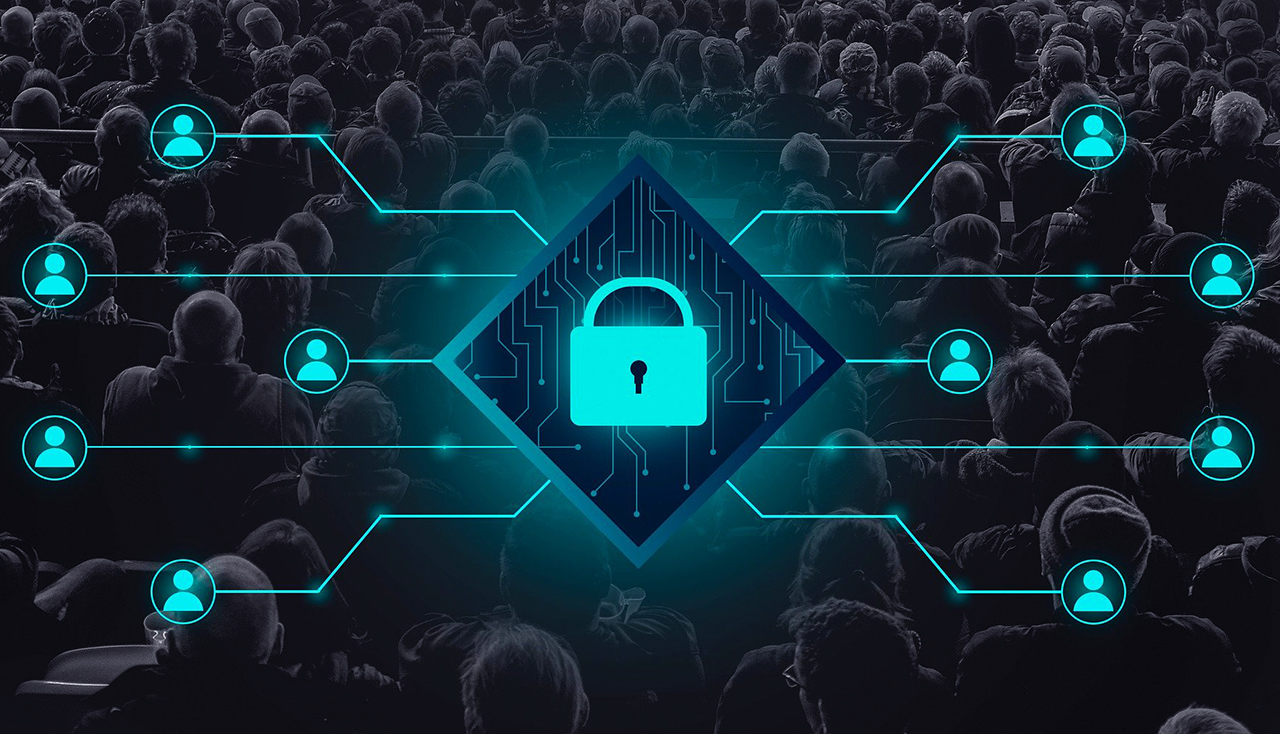Hackers can take advantage of the lack of security on public Wi-Fi to steal your personal information. So it becomes necessary to take some safety precautions when using public networks. Let’s learn how to protect yourself on public Wi-Fi.
Turn off automatic Wi-Fi connectivity.
Don’t let your device automatically connect to open Wi-Fi networks as soon as they are in range. Whenever your device connects to an open unsecured Wi-Fi network, your sensitive information is at risk of getting stolen. So turn off automatic Wi-Fi connectivity on devices that you use to access public networks.
Do not connect to an unsecured Wi-Fi network.
Do not connect to a Wi-Fi network just because it is open and free. On an unsecured Wi-Fi network without password encryption, hackers can install malware on your device to steal any information that you send and receive through the network.
Double-check before connecting to a Wi-Fi network.
Make sure the Wi-Fi network that you are trying to connect is genuine. Cybercriminals often try to mimic names of common Wi-Fi networks leaving you vulnerable to a man-in-the-middle (MITM) attack. A MITM attack happens when a hacker exploits a security flaw in the network to intercept the connection. Hackers can load phishing pages and steal your personal data.
Once intercepted, cybercriminals can gain access to any information that passes between you and websites like passwords, bank logins, credit card information, browsing activity, etc. This can even lead to identity theft. So if you are unsure about the authenticity of a Wi-Fi network, always ask the designated person in the establishment before connecting to the Wi-Fi hotspot.
Use a virtual private network.
A virtual private network (VPN) creates a private web browsing session by enabling a secure connection between the user’s computer and the VPN server, which hides their location and online activity. Using a VPN makes it difficult for hackers to intercept your connection.
Having a secure VPN app installed on devices that you use to connect to public Wi-Fi networks will provide an extra layer of protection and enables a safe browsing experience on-the-go.
Also read: How safe is a virtual private network?
Avoid connecting to public Wi-Fi.
Connect to a public Wi-Fi hotspot only if it is essential, especially when you don’t use a VPN to secure your connection. Do not login password-protected websites that contain sensitive information when using a public Wi-Fi network.
Just remember this, even connecting to a public Wi-Fi network that requires a password is unsafe because the same Wi-Fi password is readily available to everyone in the area like a cafe or a hospital. Hackers with a Wi-Fi password can intercept the connection.
